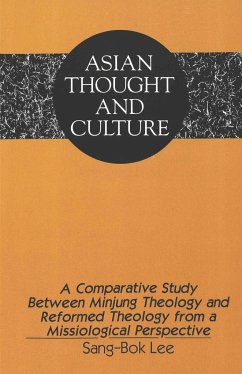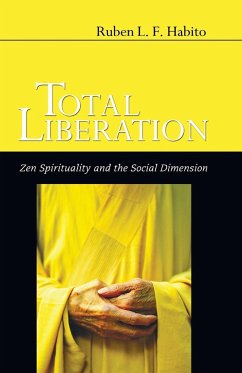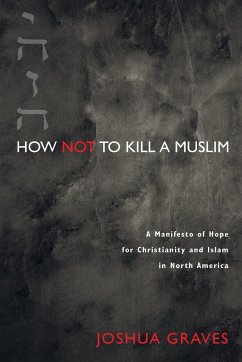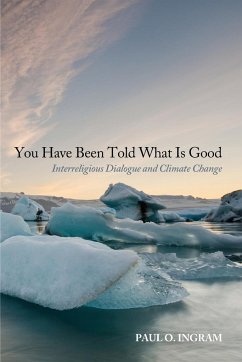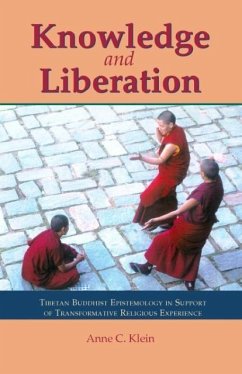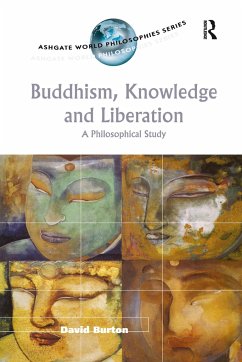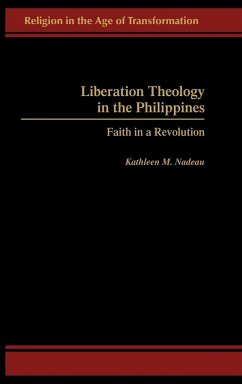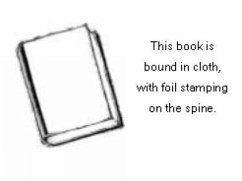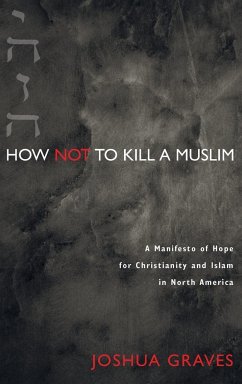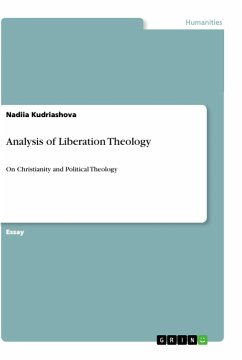
Analysis of Liberation Theology
On Christianity and Political Theology

PAYBACK Punkte
0 °P sammeln!
Essay from the year 2017 in the subject Theology - Comparative Religion Studies, grade: MA, Yale University, language: English, abstract: This work focuses on liberation theology. The relevance of the study is determined by the fact that the variability of Christianity in the modern period has increased and made it extremely dependent on social processes. The all-human spiritual crisis promotes the spread of so-called "religiosity without faith." In some cases, this happens not spontaneously, but through the active transformation of the traditional religious system. More and more extremist and...
Essay from the year 2017 in the subject Theology - Comparative Religion Studies, grade: MA, Yale University, language: English, abstract: This work focuses on liberation theology. The relevance of the study is determined by the fact that the variability of Christianity in the modern period has increased and made it extremely dependent on social processes. The all-human spiritual crisis promotes the spread of so-called "religiosity without faith." In some cases, this happens not spontaneously, but through the active transformation of the traditional religious system. More and more extremist and nationalist groupings turn to Christianity as an ideological basis, while they modify Christian theology in such a way that it justifies their methods of political struggle and supports their slogans. These groups rely on the experience of building similar ideologies using the dominant Christian confession as a religious component, namely, liberation theology.Liberation theology or, otherwise, political theology is a modification of Christianity used by freedom fighters as an ideology. In fact, it is a specialized consciousness of a separate social group, and it aims to liberate members of this group from oppression. The content and characteristics of the liberation theology are determined by the characteristics and interests of one or another oppressed social group. There are several types of liberation theology, in which there are three main ones: Latin American, Black, and feminist, created, respectively, in the interests of the poor, Negroes or women.The future of liberation theology directly depends on how much its representatives can move from ideal concepts to practical conclusions. The Church must take more seriously the problems of injustice and oppression, it must take the side of the outcasts and be a pioneer in the foreshadowing of all kinds of liberation: economic, social, political, and, of course, spiritual.




